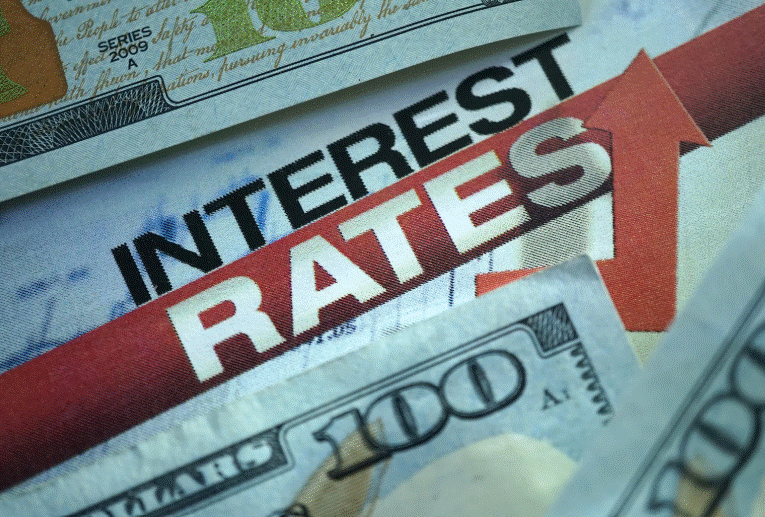Foreign investment has long played a significant role in the U.S. housing market. From luxury properties in major metropolitan areas to investment in rental homes across suburban and rural regions, international buyers impact home prices, inventory levels, and overall market dynamics. While foreign investment can bring economic benefits, it also raises concerns about affordability and housing accessibility for domestic buyers. Understanding the role of foreign investors is essential for homeowners, prospective buyers, and real estate professionals navigating today’s market.
Who Are the Foreign Investors?
Foreign investors in U.S. real estate come from various countries, with China, Canada, Mexico, India, and the United Kingdom consistently ranking among the top sources. Many of these buyers seek property in cities with strong economic growth, job opportunities, and desirable living conditions. Popular investment locations include New York City, Los Angeles, Miami, San Francisco, and Houston.
Foreign buyers purchase U.S. properties for multiple reasons. Some invest for financial returns, viewing U.S. real estate as a stable asset. Others buy homes for personal use, such as vacation properties or residences for their children studying in the U.S. Additionally, some international investors see U.S. real estate as a way to safeguard wealth in a politically and economically stable country.
How Foreign Investment Affects Home Prices
One of the most significant impacts of foreign investment is its effect on home prices. In highly desirable markets, international buyers—who often purchase properties in cash—can drive up prices by increasing demand for limited inventory. This can make homeownership more challenging for local buyers, particularly first-time homebuyers who rely on mortgage financing.
According to the National Association of Realtors (NAR), foreign buyers purchase billions of dollars’ worth of U.S. residential real estate each year. While the total volume fluctuates due to global economic conditions and policy changes, their presence in key markets remains strong. Some studies suggest that in cities with high foreign investment, home prices rise at a faster rate than in areas with less international activity.
The Impact on Housing Supply
Foreign investment can also contribute to housing shortages, particularly in already competitive markets. Some investors buy properties and leave them vacant, either as a long-term wealth preservation strategy or because they primarily use them as second homes. This reduces the number of available homes for full-time residents and can exacerbate affordability challenges.
In some cities, local governments have responded with measures to discourage speculative buying. For example, Vancouver, Canada, implemented a tax on vacant homes owned by non-residents to encourage property availability for local buyers. Similar policies have been debated in U.S. cities with high levels of foreign ownership.
Foreign Investment in Rental Properties
Not all foreign investors buy homes to leave them vacant. Many focus on purchasing rental properties, contributing to the growth of the U.S. rental market. In some cases, this can be beneficial, increasing the supply of rental units in high-demand areas. However, it can also lead to increased competition for single-family homes, driving up both purchase and rental prices.
Institutional investors, both domestic and foreign, have increased their presence in the rental housing market, acquiring large numbers of single-family homes and converting them into rental properties. This trend has sparked debate over whether it benefits or harms local communities by influencing home affordability and availability.
Government Regulations and Policy Responses
Over the years, U.S. policymakers have considered various measures to regulate foreign investment in real estate. While there are few national restrictions, individual states and cities have explored policies to curb excessive foreign speculation. Some proposals include higher property taxes for non-resident owners and restrictions on foreign purchases in certain areas.
For instance, in Florida and Texas, legislation has been introduced to limit land purchases by certain foreign entities, citing concerns over national security and economic stability. However, such policies remain controversial, balancing economic interests with affordability concerns for local buyers.
What It Means for Buyers and Sellers
For U.S. homebuyers, especially in competitive markets, foreign investment can present challenges by driving up prices and reducing available inventory. Those looking to purchase homes in areas with high international demand may need to be prepared for bidding wars or explore alternative locations with less competition.
For sellers, foreign investment can be a positive factor, potentially increasing home values and attracting cash buyers willing to pay a premium. Properties in high-demand cities or near major universities often appeal to international buyers, making them attractive for resale opportunities.
Foreign investors play a complex role in the U.S. housing market, bringing both benefits and challenges. While their presence can boost home values and stimulate economic activity, it can also contribute to affordability issues and inventory shortages. As housing policies evolve and global economic conditions shift, understanding the impact of foreign investment will be crucial for both buyers and sellers looking to navigate the real estate market effectively.





